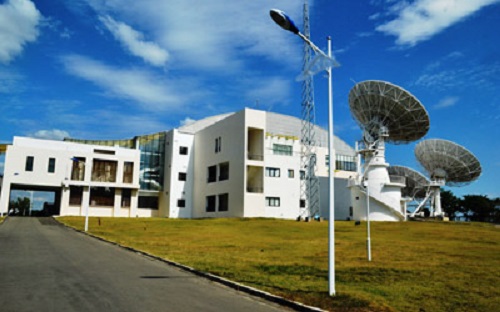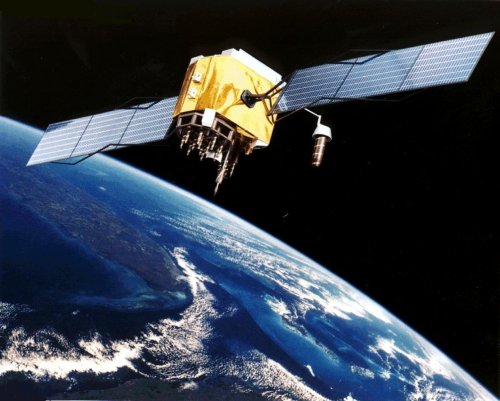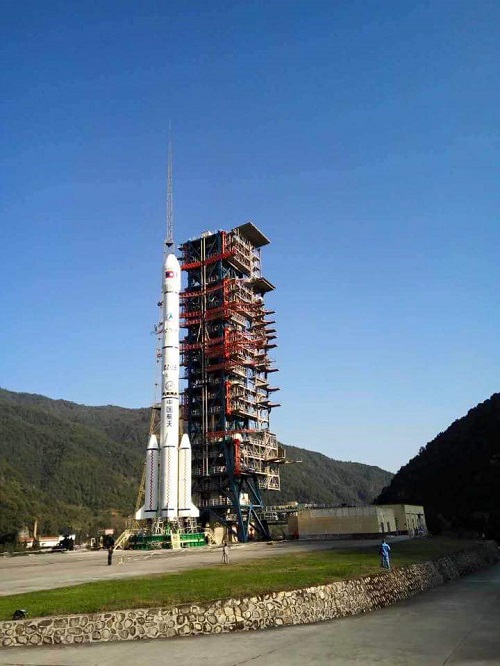Four Foreign Companies Ink Deals For Use Of Lao Satellite
Source: Vientiane Times
Four foreign companies have signed agreements to rent Laos’ first telecommunications satellite (Lao Sat-1) while many other companies have also expressed interest and will monitor the operations of the satellite.
Over the previous year, many foreign companies expressed interest in signing a Memorandum of Understanding to rent data usage from the satellite, with four of those companies already signing on the dotted line.
Manager of the Satellite Marketing Division of the Lao Asia-Pacific Satellite Co., Ltd., Mr Onideth Oudomsak, told Vientiane Times on Friday that the four companies that have signed up so far are from Indonesia, Thailand, China and Taiwan.
After Lao Sat-1 was launched on November 2, 2015, its operations were trialled for about two months and it officially began commercial service in the middle of March 2016.
Lao Sat-1 was launched by a LM-3B launch vehicle from the Xi Chang Launch Centre in Sichuan province, China. After several orbiting manoeuvres, it was parked in a 128.5 E orbit slot on November 26, 2015.
The satellite is equipped with 22 transponders (14 in C-band and 8 in Ku-band) which will provide various services such as satellite transponder leasing services, satellite telecommunications and teleports, internet, satellite TV broadcasting, emergency support and other uses.
The satellite was designed, developed and delivered on-orbit by China. The total project amounted to US$259 million and is expected to have a life of about 15 years.
The satellite is designed to provide communication links for government work, television transmission and a range of telecommunication applications in Laos.
A shareholders’ agreement for the Lao Sat-1 Joint Venture Company was signed in Vientiane on October 30 between the Lao government and three Chinese developer s.
The Lao government holds a 45 percent stake in the Lao Sat-1 Joint Venture Company, while APMT has a 35 percent shareholding, SSTC has 15 percent, and APST has a 5 percent stake.
The satellite is important to push forward the development of Laos’ economy and provide convenient services such as internet and television programmes to families in remote mountainous regions.




